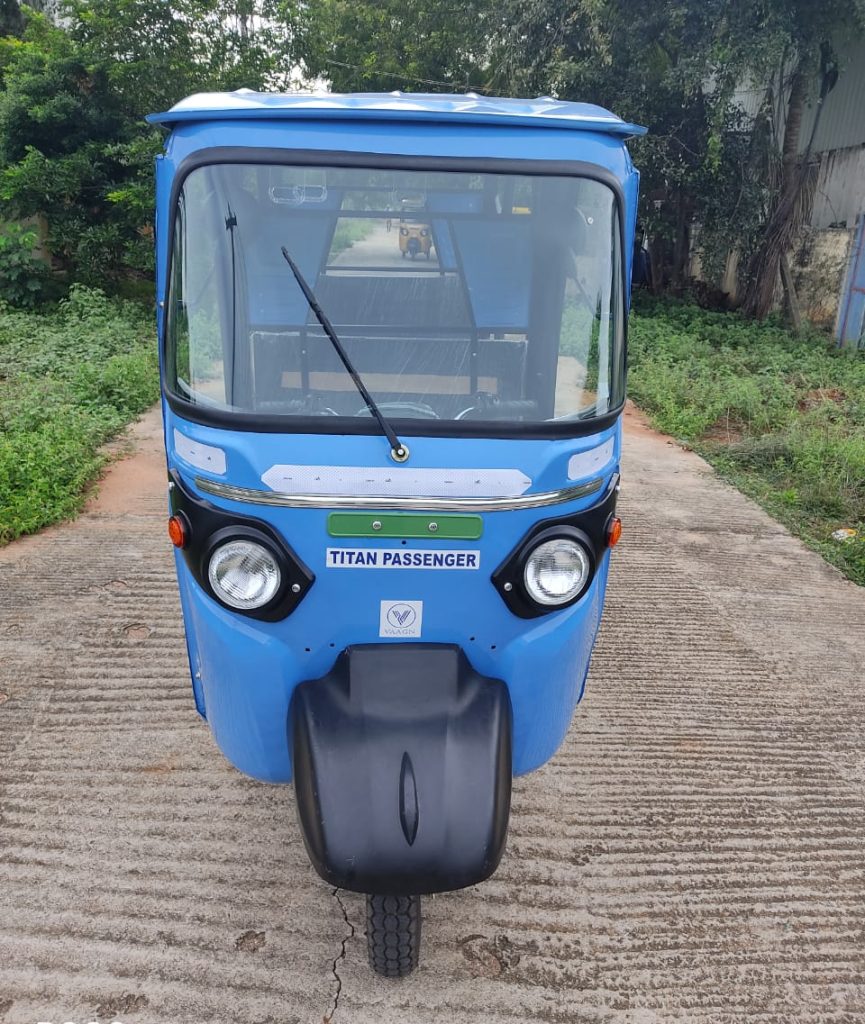FAQ
- Home
- FAQ
FAQ
About Three Wheeler EV
To choose the Best Three Wheeler EV or Best Electric Cargo Auto, consider factors like load capacity, range, battery life, and charging options. Assess your specific needs, such as the type of cargo, distance traveled, and operating environment. It’s also essential to compare different models and brands for their features, warranty, and after-sales support. Always check for reviews and recommendations to ensure you select a reliable and efficient vehicle.
EV autos offer numerous benefits, including lower operating costs, reduced maintenance, and zero tailpipe emissions. They contribute to cleaner air and reduced dependence on fossil fuels.
LFP (Lithium Iron Phosphate) batteries are known for their long cycle life, thermal stability, and safety. They offer high current ratings and are less prone to overheating compared to other lithium-ion batteries, making them a reliable choice for electric vehicles. LFP batteries also support faster charging times and are more environmentally friendly.
PMSM (Permanent Magnet Synchronous Motors) are commonly used in electric vehicles due to their high efficiency and power density. They offer smooth operation, low maintenance, and better torque characteristics, which contribute to the overall performance of the vehicle. These motors are particularly advantageous in providing consistent speed and acceleration.
Electric three-wheelers offer several benefits, including lower operating costs, reduced environmental impact, and quieter operation. They are ideal for urban transportation, cargo delivery, and small businesses, providing a versatile and efficient transport solution.


An Best Three Wheeler EV or Best Electric Rickshaw is a three-wheeled vehicle powered by an electric motor. It's a battery-powered rickshaw that offers a zero-emission alternative to traditional gasoline-powered rickshaws. This eco-friendly auto is popular for short-distance urban travel, providing a sustainable transport solution.
CAN (Controller Area Network)-based battery systems are used to manage and monitor the battery's performance in electric vehicles. These systems provide real-time data on battery status, temperature, and voltage, ensuring efficient energy management and safety. CAN-based systems are crucial for maintaining the health and longevity of EV batteries.
GPS systems in electric rickshaws enhance navigation and fleet management. They allow for real-time tracking, route optimization, and improved safety. This technology is particularly beneficial for businesses managing a fleet of electric three-wheelers, helping in efficient logistics and operational planning.
Electric vehicle maintenance is generally simpler than that of gasoline vehicles. Key tips include regularly checking the battery health, maintaining proper tire pressure, inspecting the braking system, and ensuring the electrical systems are functioning correctly. Regular software updates and following the manufacturer’s service schedule are also important.
The primary difference between electric and gasoline rickshaws lies in their power sources. Electric rickshaws are powered by batteries, offering a clean, quiet, and emission-free ride. In contrast, gasoline rickshaws rely on internal combustion engines, which produce emissions and require more maintenance. Electric rickshaws are also more cost-effective in the long run due to lower fuel and maintenance costs.
Subscribe Our Newsletter
WhatsApp us
